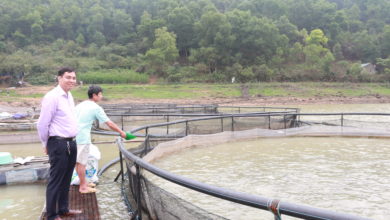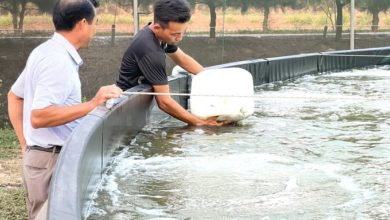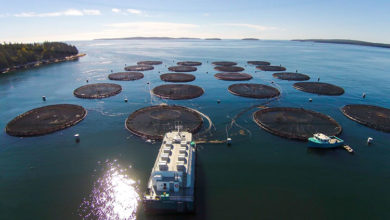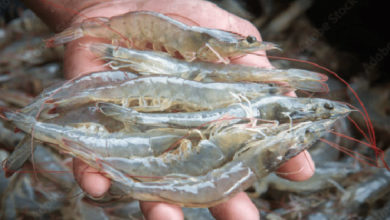Quang Ninh boosts seaweed value chain for greener exports
Quang Ninh’s seaweed industry is shifting from fragmented, small-scale farming to a high-tech, closed-loop value chain. This transformation not only raises farmers’ incomes but also paves the way for sustainable exports, in line with Vietnam’s marine economy goals.
Strengthening technical capacity and scaling up seaweed cultivation
In Minh Chau Commune, Van Don District, experts and enterprises are training local farmers to establish a production–processing–distribution chain that aligns with international standards.
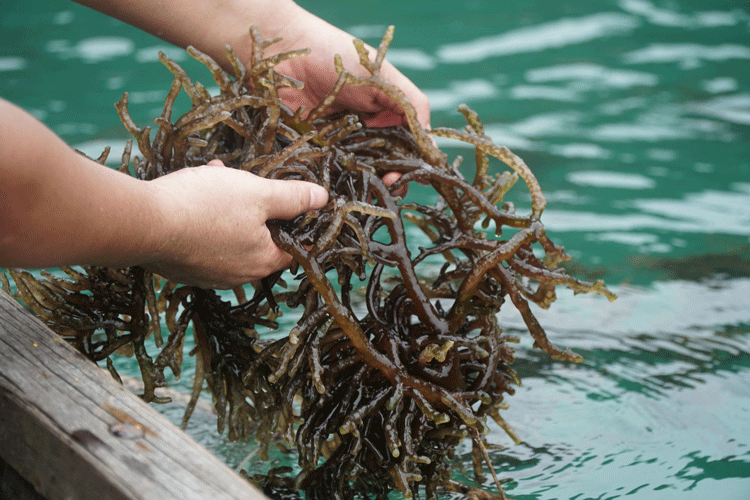
Seaweed, especially Kappaphycus alvarezii, commands high value in the food and cosmetics industries, but its cultivation demands strict protocols due to northern Vietnam’s challenging climate.
New eco-friendly farming models now incorporate HDPE infrastructure, significantly reducing plastic pollution and boosting cultivation efficiency. Some households have started intercropping seaweed with oysters, maximizing water usage and enhancing control over raw material quality.
The Research Institute for Marine Fisheries has developed tissue culture techniques, improving seed quality and increasing yields. STP Group is working with the institute to transfer both technology and infrastructure to local farmers, offering installment-based support for marine farming costs (approximately VND 300 million per hectare).
To scale up this model, the company urges the government to implement preferential loan policies.
Ensuring full traceability
Post-harvest processing remains a major bottleneck. To overcome this, Quang Ninh province and STP have launched on-site preliminary processing facilities to guarantee product quality and full traceability, key requirements for accessing premium export markets.
The adoption of HACCP standards, combined with initiatives to minimize post-harvest losses and enhance deep processing, represents a significant breakthrough in the value chain.
Quang Ninh is advancing a green, circular farming model that cuts emissions and safeguards ecosystems, fully aligned with the national strategy for sustainable marine economic growth.
Nguyen Thi Hai Binh, CEO of STP Group, revealed that the company is opening export channels to major markets including Japan, South Korea, the EU, and the U.S. Backed by international financial institutions, Vietnamese seaweed is well-positioned to join the global supply chain.
VFM


